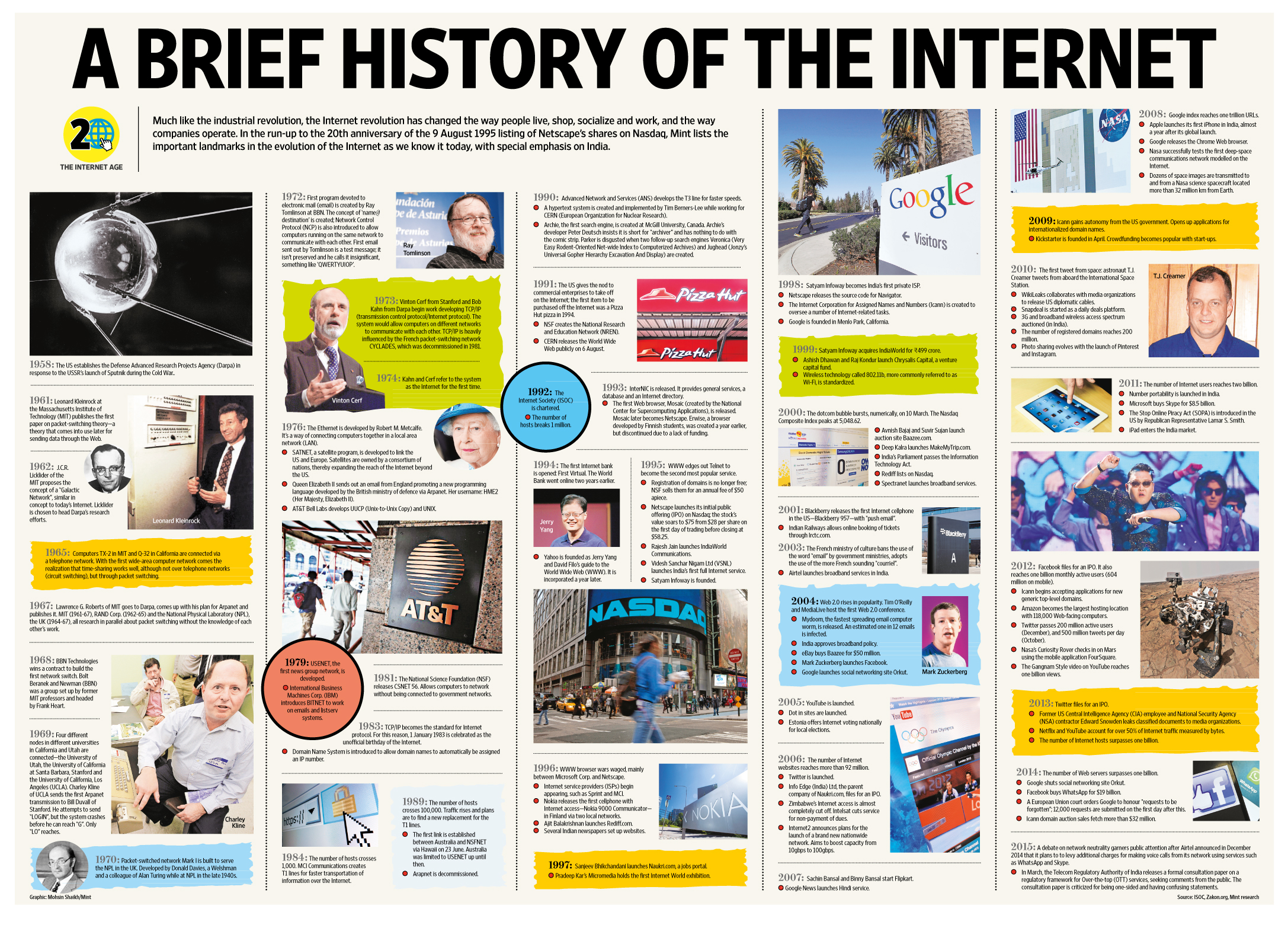I’ve been a heavy listener of podcasts for probably about five years or so. I remember the Let’s Talk Bitcoin podcast was essential listening back in 2013 as one of the fastest and most reliable ways to get up to speed with all manner of crypto news whilst walking to and from work. It soon became one of only a few podcasts over the past five plus years that’s occupied that hallowed position of being essential listening with no excuses for missing an edition.
Over the years, the subscriptions have varied (slightly – the list tends to get longer but few get culled entirely) but the appeal of the medium is, if anything, stronger than ever. Somehow choosing to listen to conversations rather than music whilst walking/running (something that only 6 or 7 years ago I would have laughed at), I can’t even hazard a guess as to how much content I’ve consumed as a result over the last 5 and a half years or so.
The signs are strong that the appeal of podcasts is continuing to build. Amazingly, I read that China’s podcast market is worth $7.3 billion (compared to $314m in the US). The reason seems to be because many podcasts in China are focused on paid subscriptions to educational programmes as opposed to the eclectic mix of conversation, entertainment, hobbies, news, long-form storytelling (and everything in between) that you find in the West.
Done correctly though, podcasts are incredibly powerful – as tools to inform, educate and entertain – but also, crucially, to help build communities. Outside of your immediate social circle and work, can you think of any other format where you’ll happily spend maybe a couple of hours a week listening to the same people that you don’t know – and what’s more keep coming back for more?
It’s fascinating to watch just how much power some of these very successful podcasts have – for the most part, power that is concentrated in the hands of the individual(s) who present and choose the content. It’s been responsible for something that’s been particularly interesting, the rise of movements as the Intellectual Dark Web, for example. Who honestly knew that the thing that was missing from the lives of millions of people around the world was in-depth lengthy discussions on the nature of politics, personal choice and science?
It really doesn’t matter whether you agree or disagree with their views. Because the reality is that their impact across the wider global populace is growing and – crucially – none of it is reliant on membership of a wider organisation that is vetting and homogenising the conversations that are taking place.
I’m calling it now – you’ll see a future President of the US come from a podcasting background in the relatively near future……
Content discovery still remains challenging for podcast listeners, mind you. The sheer quantity of data and variation in topics discussed in hour-long conversations make it a far, far tougher gig for an algorithm to successfully recommend podcasts that you’ll like based on your previous listens (although progress is starting to be made – for example Pandora’s attempt to map the podcast genome for precisely this purpose).
This year, I’ve been a guest on a few podcasts. Whilst some of the interviewers are far better to deal with than others, overall I can say that they’re pretty good fun. And there’s one thought that I keep coming back to ever since I read it on Twitter a while back:-
I can’t help but think this is true. Maybe there are just so many variables at play for a presenter during a podcast, the only thing that he or she can really focus on coincidentally happens to be precisely the one thing that will be guaranteed to make the content better, regardless of who the guest is – i.e. making sure that the conversation is natural and flows well.
The art of conversation is ingrained in most of us from an early-ish age. And during a conversation you have a huge amount of real-time feedback with which to guide/improve/save any conversation before it’s over. That’s very different to writing a blog post where you’re forced to rely for feedback on analysing the metrics after the event.
The Podcast Hitlist
Oh, and if you’re wondering, here’s where I get my regular podcast fix (I’ve left out the ones that I dip in and out of infrequently in favour of the ones that I’ve listened to the most):-

